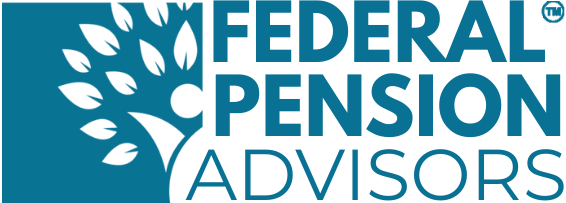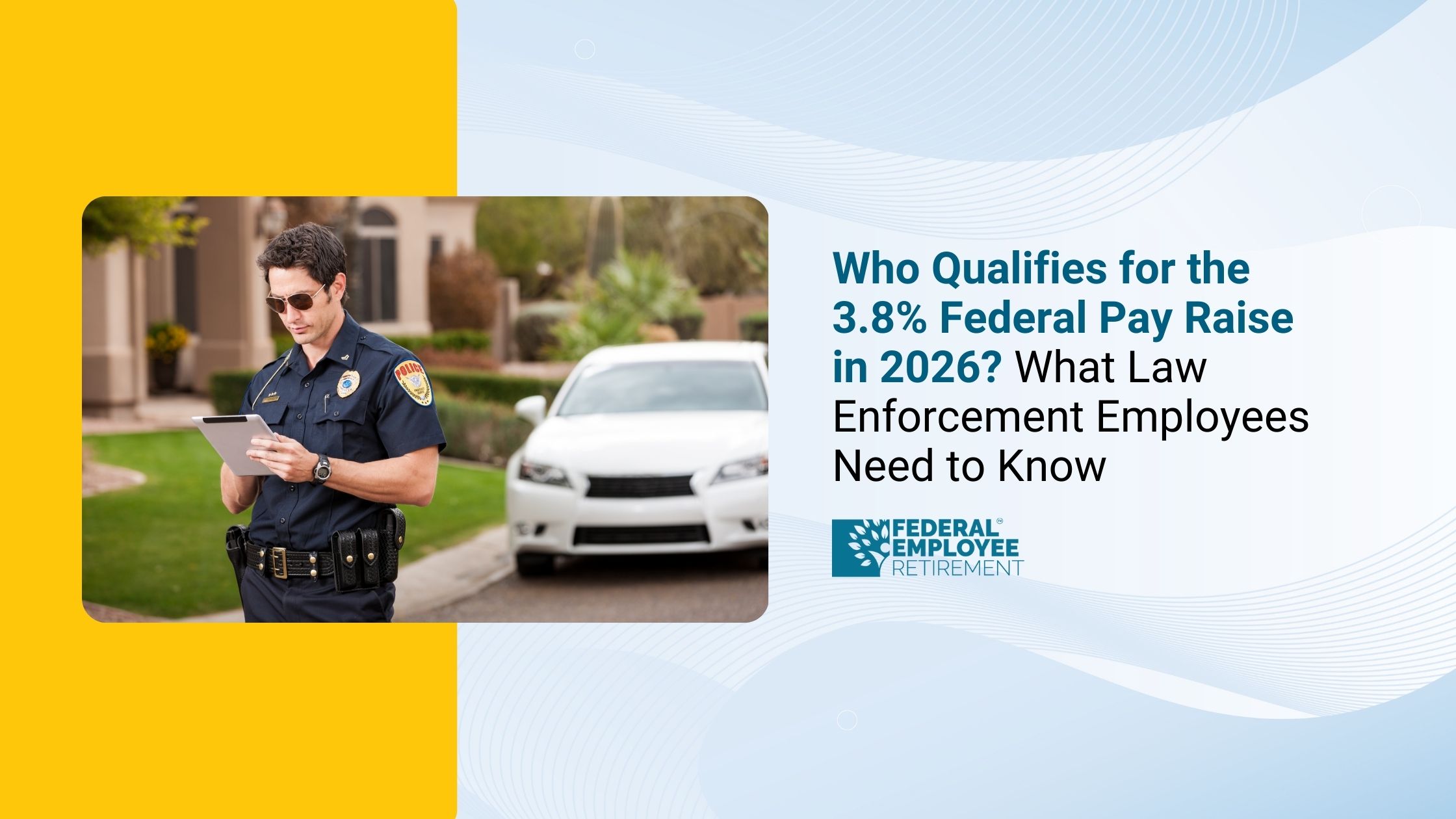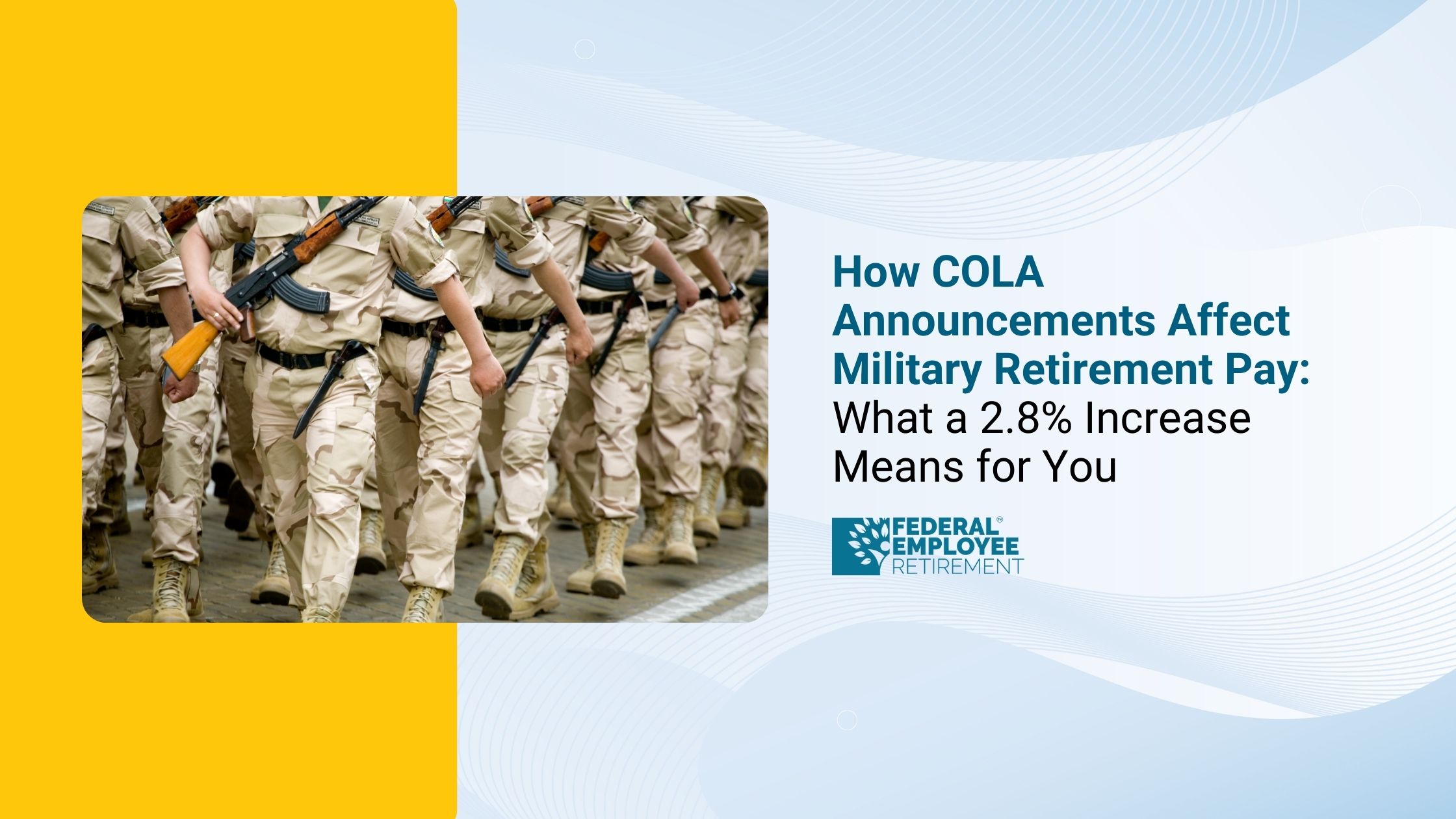You’re not alone; 4,359 federal employees booked their free review.

How Old Do You Have To Be For 401k?
How old do you have to be for 401k? The general rule is that you must be at least 21 years old to participate in a 401(k) plan.
A retirement plan that complies with Internal Revenue Code (IRC) Section 401(a) is known as a "qualified plan." This section outlines important rules and standards for retirement plans, including:
- Eligibility for participation
- When participants gain a nonenforceable right to their benefits
- Contribution limits for both employers and participants
- Timing and methods for plan distributions
Qualified plans offer significant tax advantages. Employers can deduct their contributions, while participants benefit from deferring income tax on both contributions and investment earnings until funds are distributed.
Generally, a qualified plan can incorporate a 401(k) feature only if it falls into one of the following categories:
- A profit-sharing plan
- A stock bonus plan
- A money purchase pension plan (if established before June 27, 1974, with a salary reduction arrangement)
- A rural cooperative plan
This framework ensures compliance and provides tax incentives for both employers and participants, making qualified plans a popular choice for retirement savings.
Employee Participation:
- Eligibility: Employees must generally be at least 21 years old and have completed one year of service to participate in a 401(k) plan.
- Leased Employees: For plan qualification purposes, leased employees are treated as employees of the company they serve. This impacts areas like nondiscrimination, age/service requirements, vesting, contribution limits, and top-heavy plan rules.
Distribution Rules:
- Access to Funds: Distributions are generally permitted upon retirement, death, disability, plan termination, reaching age 59 1/2, or experiencing a financial hardship.
- Distribution Timing: Benefit payments typically must begin within 60 days of the participant reaching age 65, the plan's normal retirement age, the 10th anniversary of plan participation, or termination of employment.
- Involuntary Cash-Outs: For distributions exceeding $1,000, employee consent is usually required unless the funds are rolled over to another eligible retirement plan.
- Prohibited Transactions: Assigning or alienating plan benefits is generally prohibited, with exceptions for loans meeting specific criteria.
Top-Heavy Plan Requirements:
- Definition: A plan is "top-heavy" if key employees hold more than 60% of the total plan assets.
- Rules: Top-heavy plans have additional requirements, such as minimum contributions for non-key employees and accelerated vesting schedules.
How a 401(k) Plan Works?
A 401(k) plan is a retirement savings plan sponsored by your employer. It allows you to contribute a portion of your pre-tax income to the plan, which is then invested in a variety of options, such as stocks, bonds, and mutual funds.
The Internal Revenue Service (IRS) sets annual limits on how much you can contribute to 401(k) plans. For 2022, the contribution limit is $20,500, with an additional catch-up contribution of $6,500 for individuals aged 50 or older. In 2023, the contribution limit rises to $22,500, while the catch-up contribution increases to $7,500 for those 50 or older.
Including employer matching contributions, the total annual contribution limit for 2022 is capped at $61,000 (or $67,500 for participants aged 50 and above), or 100% of the employee’s salary, whichever is lower. For the 2023 tax year, these limits increase to $66,000 and $73,500 respectively for those aged 50 or older.
Once you reach age 59½ or meet other IRS conditions, you can begin withdrawing from your 401(k) without penalties. Importantly, anyone with earned income and access to a 401(k) through their employer can contribute—there are no age-based restrictions.
Source: Internal Revenue Service, “401(k) Plan Qualification Requirements.”
When You Can Start Making Contributions to a 401(k)?
Employers are generally required to offer their 401(k) plan to employees who meet specific criteria. Any worker who is at least 21 years old and has completed at least 1,000 hours of work within a year is eligible to participate. However, certain exceptions may apply.
Additionally, employers must also provide 401(k) plan access to employees who have worked a minimum of 500 hours per year for three consecutive years.
Source: Congress.gov, U.S. Congress, “H.R.1994 — Setting Every Community Up for Retirement Enhancement Act of 2019.”
The Age of Majority and Labor Laws
While 401(k) regulations do not explicitly prohibit individuals under the age of 21 from participating in a 401(k) plan, other legal factors, such as labour laws and age of majority rules, may limit their ability to contribute.
The age of majority determines when a person is legally recognized as an adult and can sign binding contracts, including enrolling in a 401(k). In most U.S. states, this age is 18, though Alabama, Mississippi, and Nebraska have different age of majority laws.
These legal requirements may affect whether younger workers can access and contribute to a 401(k) plan.
What if you’re under 21 years of age?
If you are under the age of 21, companies are not legally required to include you in their 401(k) plan. However, some employers may choose to allow younger employees to participate. Whether you can join the plan depends entirely on the company's policies.
Is there a maximum age for 401k eligibility?
There is no maximum age limit for contributing to a 401(k) plan. You can continue making contributions as long as you are employed by the sponsoring company and have earned income.
Important Note: While there are no age restrictions on contributions, the IRS requires you to begin taking Required Minimum Distributions (RMDs) starting at age 73 (as of 2023). Failing to withdraw the minimum required amount can result in penalties.
Can a 16 year old open a 401k?
No, a 16-year-old cannot typically open a 401(k) account. Here's why:
- Age Requirement: The standard minimum age to participate in a 401(k) plan is 21 years old.
- Employer Discretion: While some employers might have lower age limits, it's highly unlikely they would allow a 16-year-old to participate.
At What Age Can You Access Your 401k Without Penalty?
You can typically access your 401(k) without penalty starting at age 59½.
However, there are exceptions that allow penalty-free withdrawals before this age:
- Rule of 55: If you leave your employer in or after the year you turn 55, you can take penalty-free withdrawals from that employer’s 401(k) plan.
- Hardship Withdrawals: Penalty-free withdrawals may be allowed for certain financial hardships, including:
- Medical expenses
- Higher education costs
- To prevent eviction or foreclosure
These exceptions provide flexibility for accessing retirement funds under specific conditions.
The Bottom Line
You can start contributing to a retirement plan as soon as you have one, regardless of your age. However, younger workers may face challenges accessing a 401(k) because employers are not required to offer it until you are 21 years old and meet specific minimum work hour requirements. Once you have access to a plan, you can begin saving for retirement through a 401(k).
Related Tags:


Get Updated
Subscribe to our weekly updates for the latest on retirement planning, federal benefits, exclusive webinars, and more!
Download Federal Retirement: Step-by-step Checklist
This comprehensive guide will help you understand your federal benefits, optimize your savings, and plan for a comfortable future.



.png)







